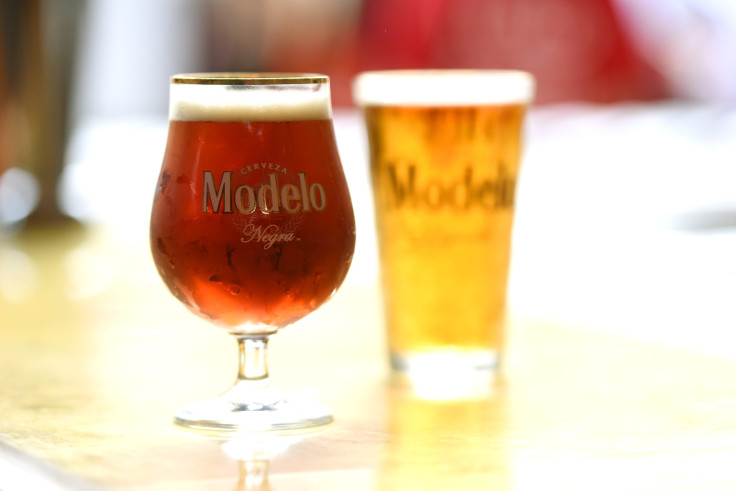Alcohol In Small Amounts Helps Learn Foreign Languages, Study Shows

Anything in excess is bad but when consumed a little can do wonders. Speaking a foreign language and pronouncing new sounds can be difficult. But there’s nothing to worry as alcohol is there to help and make it easy. A recent research suggests that consuming a little alcohol could help those struggling to perfect a foreign language.
The study published in the Journal of Psychopharmacology conducted by the researchers from University of Liverpool, England, King’s College London and Maastricht University, Netherlands, shows that bilingual speakers’ ability to speak a second language is improved after they consumed a low dose of alcohol.
Even though alcohol is known to damage cognitive and motor functions including memory and attention, it also increases self-confidence and reduces social anxiety. This helps bilinguals to interact with someone in a second language.
To prove it all a test was done wherein participants were randomly divided and given either a low alcohol drink or a drink without alcohol. The exact dose of alcohol varied depending on participants’ body weight, but it was equivalent to a pint of 5 percent beer for a man weighing 70 kilograms. The test was completed by 50 native German speakers who had recently learned to read, write, and speak in Dutch while attending Maastricht University. After each of them had consumed their drink, they were engaged in conversation with an experimenter. Conservations were then recorded and analyzed by native Dutch speakers.
The results were quite surprising. The researchers found that participants who had consumed little alcohol had better Dutch language skills, particularly when it came to pronunciation than those participants who did not consume the drink.
Dr. Fritz Renner from Maastricht University said, “It is important to explain that participants in this study consumed a low dose of alcohol. Higher levels of alcohol consumption might not have beneficial effects on the pronunciation of a foreign language.”
One of the researchers who conducted the study at Maastricht University, Dr. Jessica Werthmann, said, “We need to be cautious about the implications of these results until we know more about what causes the pragmatic results.” He mentioned that the anxiety-reducing effect of alcohol could be a possible mechanism for the effect. “However, more research is needed to test this,” he added.
Dr. Inge Kersbergen, from the University of Liverpool’s Institute of Psychology, Health, and Society, was involved in the research study. He said to the Evening Standard, “Our study shows that acute alcohol consumption may have beneficial effects on the pronunciation of a foreign language in people who have recently learnt that language. This provides some support for the bilinguals as a low dose of alcohol can improve their ability to speak a second language,” said Kersbergen.
In a survey conducted by the European Commission in 2006, 56 percent of respondents reported being able to speak in a language other than their mother tongue. In many countries that percentage is even higher. For instance, 99 percent of Luxembourgers and 95 percent of Latvians speak more than one language . Millions of Americans use a language other than English in their everyday lives , away from home, when they are at work or in the classroom. Researchers have also shown that the bilingual brain can have better attention and task-switching capacities than the monolingual brain.
© Copyright IBTimes 2024. All rights reserved.





















